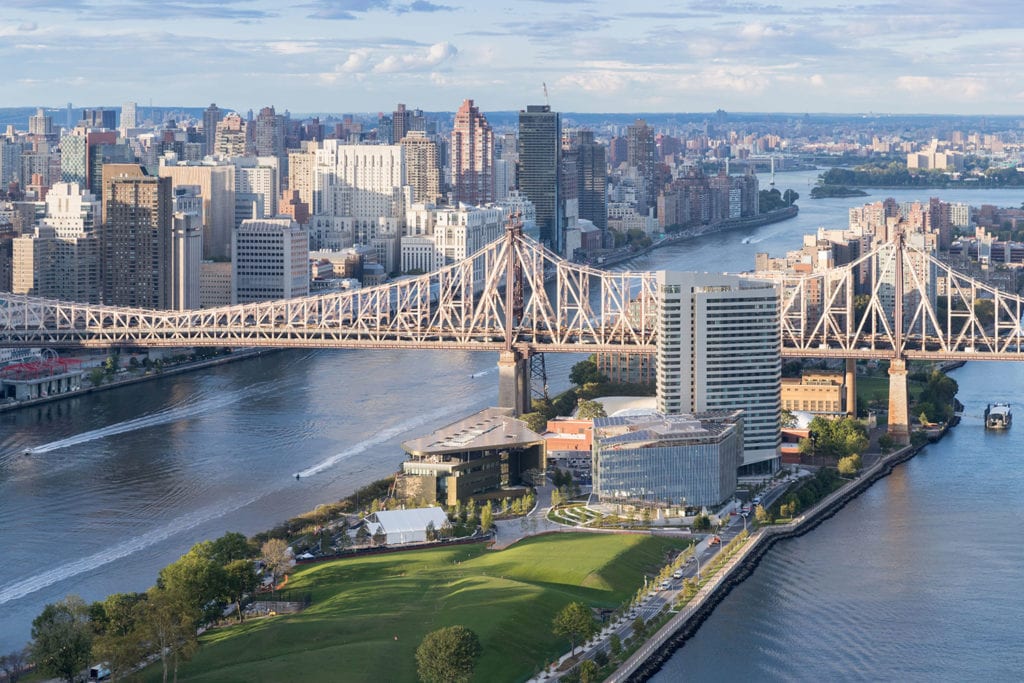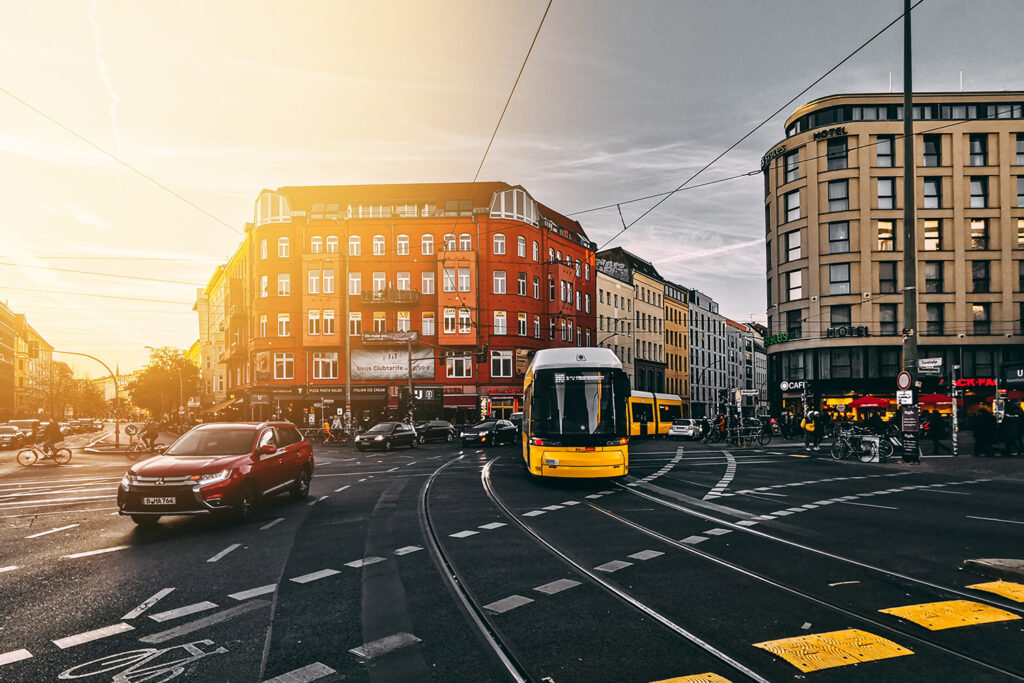Young Engineering Perspective – tackling the climate crisis
As a young engineer, I believe we have a duty to do what we can to reduce our impact on the environment and lessen the effects of climate change. As such I believe we must take this opportunity to make as much positive difference as possible and use our influence for good.
Worldwide, infrastructure accounts for 70% of greenhouse gas emissions. As a sector, we need to be a driving force of change to reduce the carbon intensity of the industry and keep the rate at which the earth is warming below the 1.5-degree limit as outlined by the Intergovernmental Panel on Climate Change (IPCC).
Within our practice, Buro Happold has committed to net zero targets, where all new infrastructure projects are to be net zero in operation by 2030. The practice is also looking to reduce the embodied carbon intensity of all infrastructure projects by 50% by 2030. This ambitious goal, to be achieved 20 years ahead of the UK Government’s own net zero target, is necessary for this change to be realised.
However, as a young engineer at the beginning of my career, it is easy to feel somewhat helpless and overwhelmed at the amount of change that needs to happen within our own industry and the role that we must play in achieving the carbon targets.

When given the opportunity to join the National Infrastructure Commission (NIC)’s roundtable discussion on ‘Net Zero for the Next Generation’, I accepted the invitation eagerly, with the hopes that it would not only inform my own learning and understanding, but that I might be able to shake that feeling of helplessness by contributing to positive changes in the infrastructure field (albeit being a tiny cog in a very large wheel).
Hosted by the NIC’s Young Professionals Panel (YPP), the evening welcomed young professionals from across the industry to join in a conversation with commissioners and secretariats on themes of net zero. We discussed what we considered to be the greatest priorities and barriers to achieving the targets, collectively highlighting three key areas which we believed would have the greatest potential.
These were:
- A nationwide energy efficiency programme
- Effective carbon taxes and carbon pricing
- Upgrading the electricity grid infrastructure to improve its capabilities
The room was full of passionate industry peers putting their minds together to tackle a common problem, and the result was a thought-provoking and insightful evening. It was also eye-opening to have the opportunity to discuss these topics with the commissioners directly, to understand their points of view and what influenced their decision-making.
Following the roundtable, I felt more motivated to continue efforts in making change through my day-to-day role. Reflecting on how this can be done, I took discussion points from the NIC evening and my own thoughts to summarise ways that we, as young engineers in the industry, can break the carbon problem down into actionable items to deliver in our roles:
Incentivising behavioural and systematic change
A common theme of the roundtable discussion was the importance of incentivising behavioural change. For the NIC in its role of advising the UK Government, this could be done through effective carbon taxing and a combined carrot-and-stick approach. For engineers, I believe we can do a number of things.
Firstly, making that behavioural change ourselves: In whatever way it might look like that is accessible and feasible to you, making greener switches helps the greater effort, even if it does not always feel that way.
Secondly, we can look to drive infrastructure which supports the systematic change towards a low-carbon economy and sustainable, resilient cities. This could be schemes which prioritise low-carbon modes of transport, homes supported by heat networks or effective water resource management.
Thirdly, itis important to have a holistic approach to building climate resilience; understanding that this includes social aspects such as creating safe and green placemaking, improving local/regional growth and prioritising active travel.
Continuously learning
The second point was reinforced during the evening of the NIC roundtable. There is a quote that has been attributed to many, from Andrew Carnegie to Henry Ford to Madonna (its true origin is rather unclear) and goes something along the lines of “spend time surrounding yourself with people cleverer than you”.
The aim of this is to keep learning continuously, to push your knowledge and adopt a growth mindset. The relevance of this on the topic of net zero is to keep yourself informed before keeping others informed. As engineers, people in the industry rely on our knowledge and input to provide expertise in our area of specialism and we need to ensure that climate considerations play a part in that, and that we are competent in these areas.
The landscape of today means that new technologies, materials and other industry-related news emerge all the time. It is crucial that we keep ourselves up to date with these changes to stay relevant in our field. My preferred way is through channels such as the New Civil Engineer, LinkedIn and podcasts – the NIC YPP themselves have a great one called Infra[un]structured.
Challenging the norm
This will no doubt look somewhat different in different roles, but the overarching sentiment is the same: there is no more time for business as usual.
The ambition of the infrastructure net zero targets can only be achieved if we go beyond the standard proposals and reach for those pioneering approaches. In our roles, that could be making a stance when it is clear that carbon reduction is not on the agenda.
This is where the previous point needs to be stressed again , because if youare well-informed with alternative options and solutions, it becomes much easier to have your voice heard and propose a more climate-friendly design. Personally I am grateful that Buro Happold creates a space to encourages those innovative solutions and nurtures big thinking.
Staying positive
The final suggestion is to stay positive and motivated in what we are doing. The climate crisis can be anything but positive at times but amidst the climate-anxiety and bad news stories there are lots of encouraging changes happening in the industry, and lots of advancements being made. In a similar way to tackling an engineering problem at work, it helps to break it down into manageable pieces; easy ticks and day-to-day actions instead of one mammoth task. Maintaining hopefulness throughout our work can be a powerful tool to get to those achievements.
The future of net zero is a future which we will live in and experience. Thus, as engineers our role is to make that a future which we want to see. Plus, ultimately, our generation and the coming generations will be the ones to watch the play unfold. With this in mind, I would like to encourage other young engineers to reflect on what you can do in your own field, some bite-size actions that you can carry day-to-day. Our generation must see those net-zero targets achieved and with a determination, spark and positive mindset, combined with meaningful work, we can make that change happen.
Alice Dale







